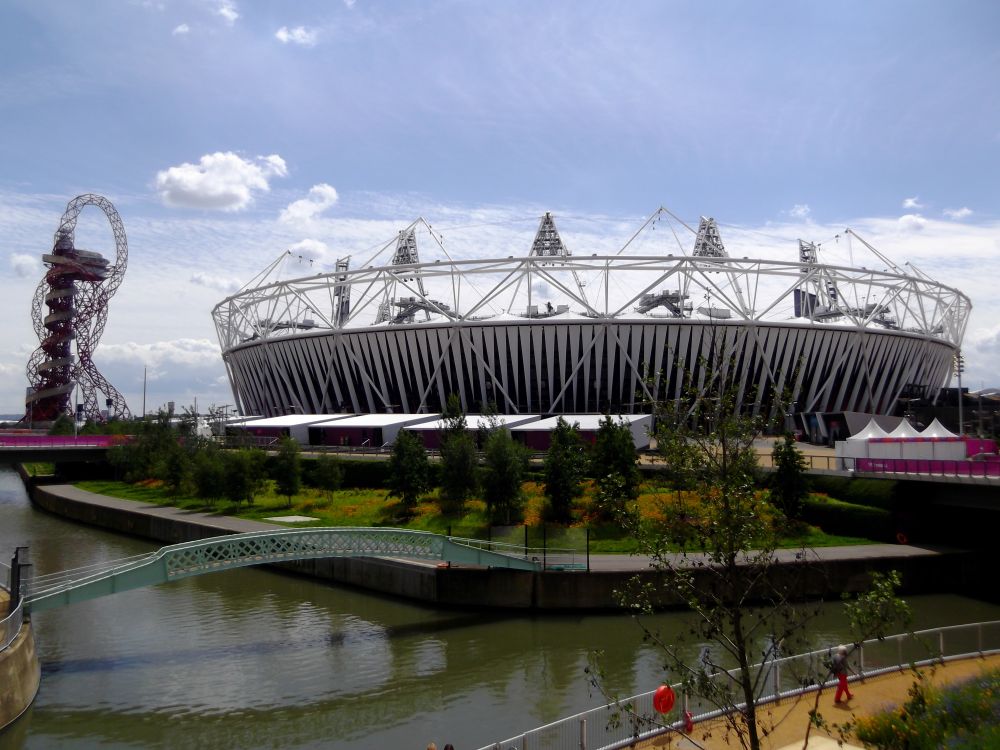Olympics’ legacy: repurposing sports venues
Legacy has become a crucial part of cities’ bids for the Olympic Games as the International Olympic Committee hope to demonstrate post-Games value for money

Legacy has become a crucial part of cities’ bids for the Olympic Games as the International Olympic Committee hope to demonstrate post-Games value for money.
This focus is in an attempt to justify the expenditure that the competition represents.
Infrastructure is central to the legacy plan of Olympic cities, with buildings such as stadiums, arenas, dining halls and velodromes built especially for the occasion.
Some cities - like London, which regenerated a deprived part of the city thanks to the Games, – have been exemplary in the implementation of their legacy plan.
Glenn Scott, a Sydney-based infrastructure expert at design practice Hassell said: “On paper the easiest thing to do is design a bunch of bespoke Olympic venues, which then you end up after an Olympics trying to retrofit for some other use … Far better is to decide what a country actually needs and then fit an Olympic event into that building.”
Stadiums are the most difficult of sports infrastructures to convert due to their radial formats and columns.
For example, it cost £700 million to convert the London Queen Elizabeth Olympic Park into a home ground for Premier League football club West Ham United. Smaller venues and facilities are easier to repurpose.
Olympic villages are usually reconverted into residential areas, like the Newington area in Sydney, Australia, and Chaoyang district in Beijing, China.
The reuse of such buildings requires the use of fewer resources, and therefore a smaller environmental impact, as well as less investment.
Stadiums are now built in the centre of Olympic cities rather than in huge empty lots out of towns, and venues need to integrate into the city’s existing infrastructure.
Rob Turner, an urban infrastructure expert at advisory firm Grant Thornton, which was commissioned to assess the legacy of the 2012 London Olympics says: “By locating venues in the heart of a big city, you have the benefit of not creating white elephants on the edge of town and instead creating spaces that can be easily reused by businesses and others... You also get the benefit of existing transport infrastructure, which makes them easy for people to access and popular with businesses.”

_400_250_80_s_c1.jpg)




